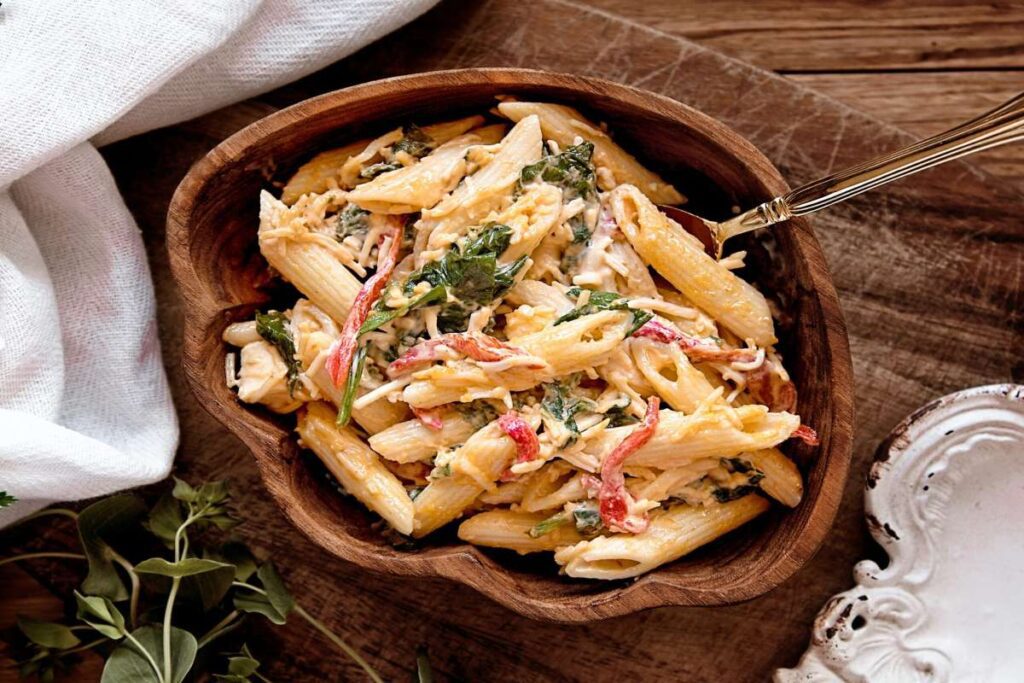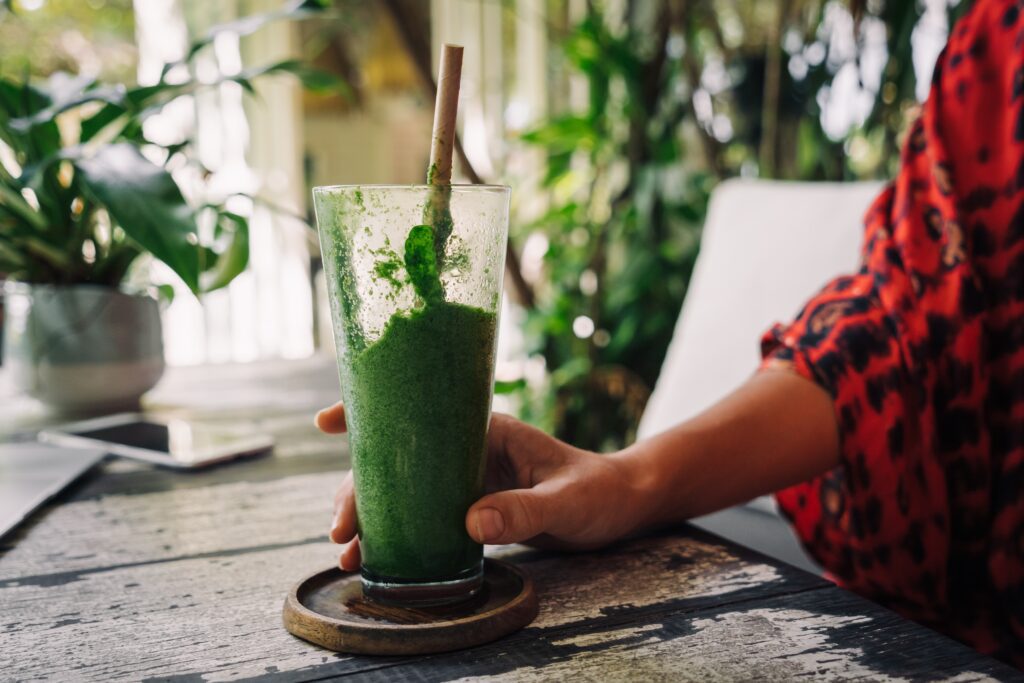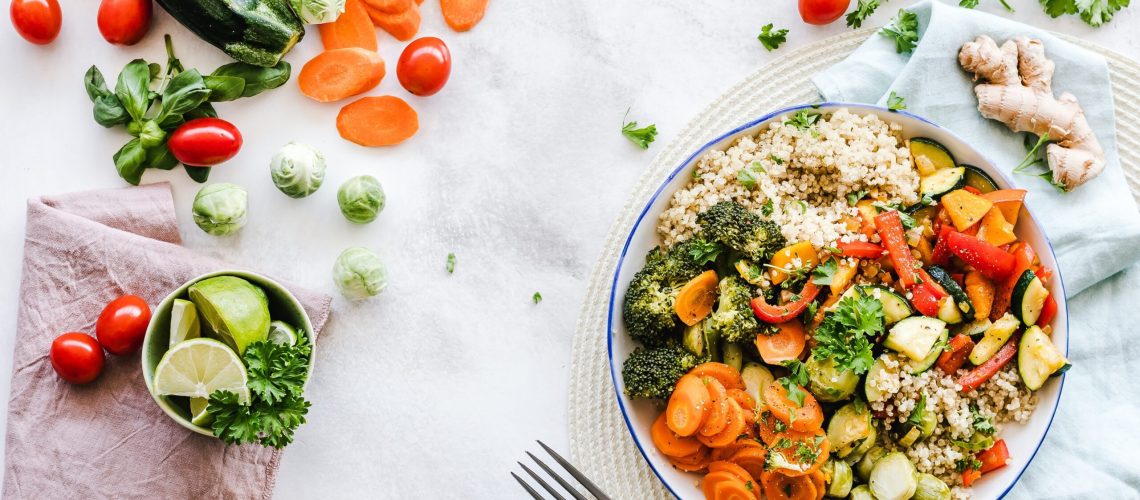
Fuelling Before Your Run
It’s important to start running well fuelled. Getting your nutrition plans wrong before a training session means you don’t optimise your potential during your run. Failing to fuel or hydrate appropriately before running can lead to earlier fatigue, reduced endurance and gut upset.
Everyone is different, but runners will often eat a meal around 2 to 4 hours before running. This meal should contain some carbohydrates for fuel as well as some fluids for hydration. Suitable meals include:
- Wrap or sandwich with tuna and salad
- Toast with avocado and tomato
- Bircher muesli with berries
- Homemade pasta salad
- Pumpkin soup with a bread roll
- Chicken stir-fry with noodles
There’s also the option of adding a small snack in the 1-2 hours before your run for a final top-up of fuel stores. Some suitable snack ideas include:
- Yoghurt with fruit salad
- Small fruit bun
- Peanut butter on rice cakes
- Toast with vegemite

Recovering After Your Run
The goals of the recovery nutrition are to refuel and rehydrate, promote muscle repair and growth, boost adaptation from the training session and support immune function.
Recovery nutrition is essential if you complete two or more training sessions in one day or two in close succession (e.g. evening session followed by early morning session the next day). However, if you’re exercising once a day or a couple of times a week, recovery nutrition is still important, but you may be able to meet your nutrition goals from your usual meals or snacks than adding in extra food.
You should start rehydrating soon after finishing your run; however, when you need to eat after running depends on how long you have until your next run. The body is most effective at replacing carbohydrates and promoting muscle repair and growth in the first ~60-90min after exercise. However, this will continue to occur for another ~12-24hr. So, if you are planning another run soon, it’s a good idea to maximise your recovery in the first 60-90 minutes after you finish your run. Otherwise, you could use your next regular meal after the session as your recovery nutrition.
Everyone is different in what they like to eat in the hours after exercise, but in general, foods should:
- Be rich in quality carbohydrates to replenish muscle fuel stores
- Contain some lean protein to promote muscle repair
- Include a source of fluid and electrolytes to rehydrate effectively
There’s no one “best” option for what to eat after exercise. Some options that you may like to choose to include:
- Dairy foods such as flavoured milk, smoothies or fruit yoghurt
- Lean chicken and salad roll
- Bowl of muesli with yoghurt and berries
- Fresh fruit salad topped with Greek yoghurt
- Spaghetti with lean beef bolognese sauce
- Chicken burrito with salad and cheese
- Small tin of tuna on crackers plus a banana

Nutrition for the rest of your day
Getting the most out of your run isn’t just about what you eat immediately before and afterwards. To ensure sufficient energy, body function, muscle repair, and an adequate supply of vitamins and minerals, the rest of your day should also include moderate amounts of protein (e.g. fish, red meat, poultry, tofu, legumes); a variety of healthy fats (e.g. oily fish, olive oil, avocado, nuts and seeds), as well as plenty of fresh fruit and vegetables.
If you need help with your nutrition, we recommend you speak with a dietitian.
Source: Sports Dietitians Australia, www.sportsdietitians.com.au/factsheets/, accessed 18.9.2021

